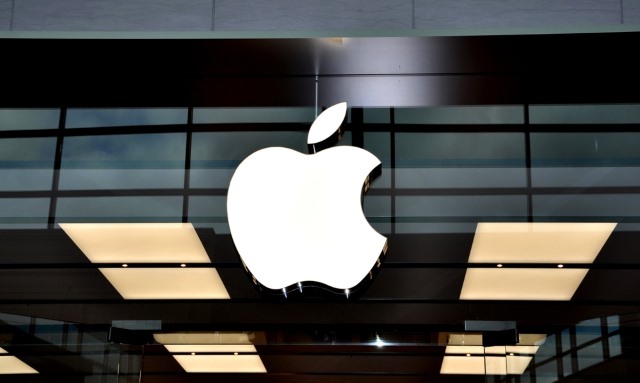
Apple's Tim Cook is gay -- the fact it needs to be announced shows what’s wrong in tech
The sexuality of people in the public often comes in for scrutiny. Whether we're talking about Michael Stipe coming out at the same time as REM released Monster, Morrissey using Autobiography to give a beautifully tender glimpse into the loves of his life, Ellen DeGeneres revealing her sexual preferences to Oprah Winfrey, or any one of countless other celebrities who chooses to make their sexuality public, where those in the limelight fit onto the sexual spectrum has long been -- and will undoubtedly continue to be -- of endless interest to people.
Writing in Bloomberg Businessweek, Apple CEO Tim Cook, entirely unprompted, has said that he is gay. For many people this will come as no surprise, for most it will be of no consequence, some will take exception to it. But what's interesting is that, in 2014, a man (or woman, for that matter) proclaiming their sexuality, is news. Tim Cook is currently the top trending topic on Twitter.
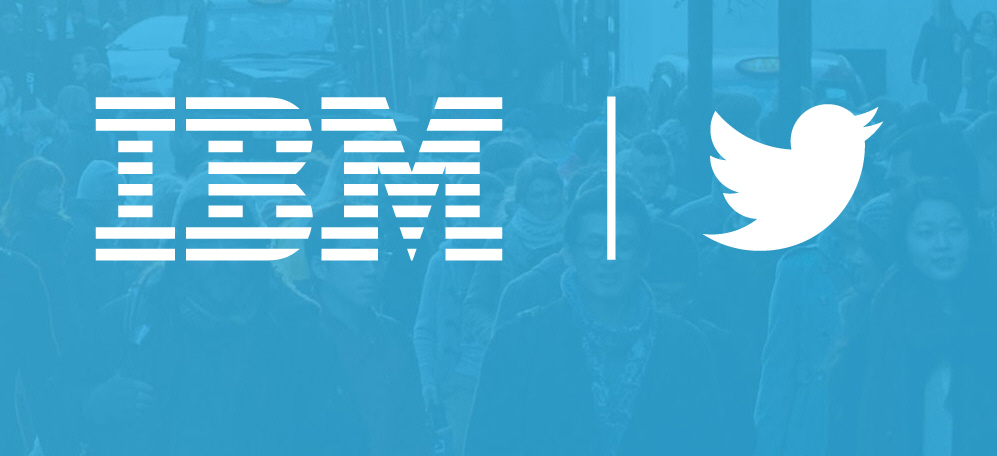
IBM and Twitter join forces to improve enterprise decision making
Twitter provides a unique window into public thinking and that can be useful for businesses, not only to see what people are saying about them but also to get an insight into market trends.
In order to help enterprises understand their customers and markets, IBM and Twitter have announced a partnership that will allow Twitter data to be used in IBM's cloud-based analytics platforms.
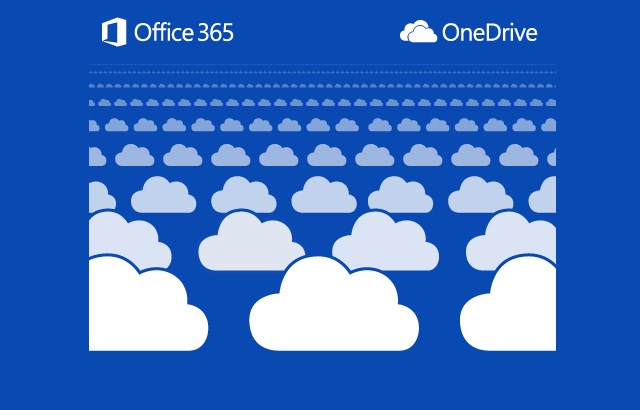
Beat that Google! Office 365 subscribers get unlimited OneDrive storage
Microsoft just stoked the fires of the cloud storage wars once again. There have been various updates to OneDrive in recent months. Microsoft lifted the 2GB file size limit all the way up to 10GB, and we showed you how to up your free storage to 15GB. But if you’re an Office 365 subscriber, things just kicked off -- storage limitations are a thing of the past.
Starting today, Office 365 Home, Personal and University plan subscribers have unlimited OneDrive storage. Store as much as you like in the cloud for free. Well, free if you ignore the subscription you've paid, or continue to pay each month. The roll out to the consumer level subscriptions starts today, but you'll need to take action if you're interested.
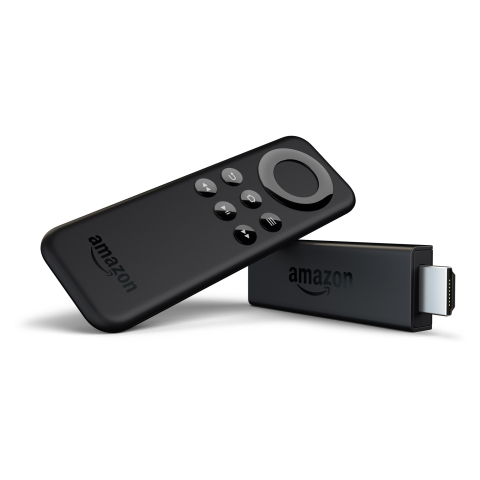
Amazon aims to burn the competition with the Fire TV Stick -- $19 for a limited time!
There is currently no shortage in the market when it comes to streaming devices. Quite frankly, there are so many available, that it can be very hard to choose; Chromecast, Apple TV, Roku -- it is dizzying.
Today, Amazon further complicates the decision with the all-new Fire TV Stick. Yes, the company already offers the Fire TV box, so the Fire TV Stick, in some ways, competes with its existing offering. However, the big selling point of the Fire TV Stick is the price -- $39. But wait, you may be eligible to get it cheaper!
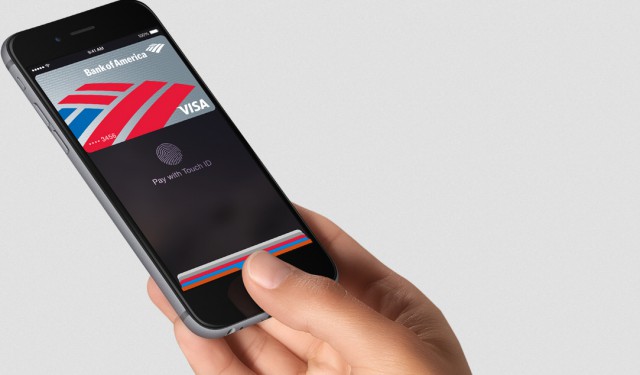
Apple Pay really is that easy, and game changing
When Tim Cook stood on stage last month to introduce Apple Pay, the typically reserved chief executive could barely contain his excitement. A video plays with a woman in a shoe store. She pulls out her shiny new iPhone 6, places her finger on the Touch ID sensor, taps it on the NFC receiver, and walks out with her purchase. "That’s it!" Cook exclaims. "That’s it!"
Cook’s reaction was over the top, of course -- which some of us argue is modus operandi for any Apple keynote -- but it certainly signals the promise of NFC and is an example of how Apple Pay will streamline and advance mobile payments from here on out. Is it really as simple as it looks? I can tell you it is. Following the release of Apple Pay with iOS 8.1 on Monday, I set out to test it on the vending machines at work. Indeed, it's as simple as the demo showed. All you need to do is pull up Passbook, tap the card you’d like to use, put your thumb on the Touch ID button and place it near the receiver.
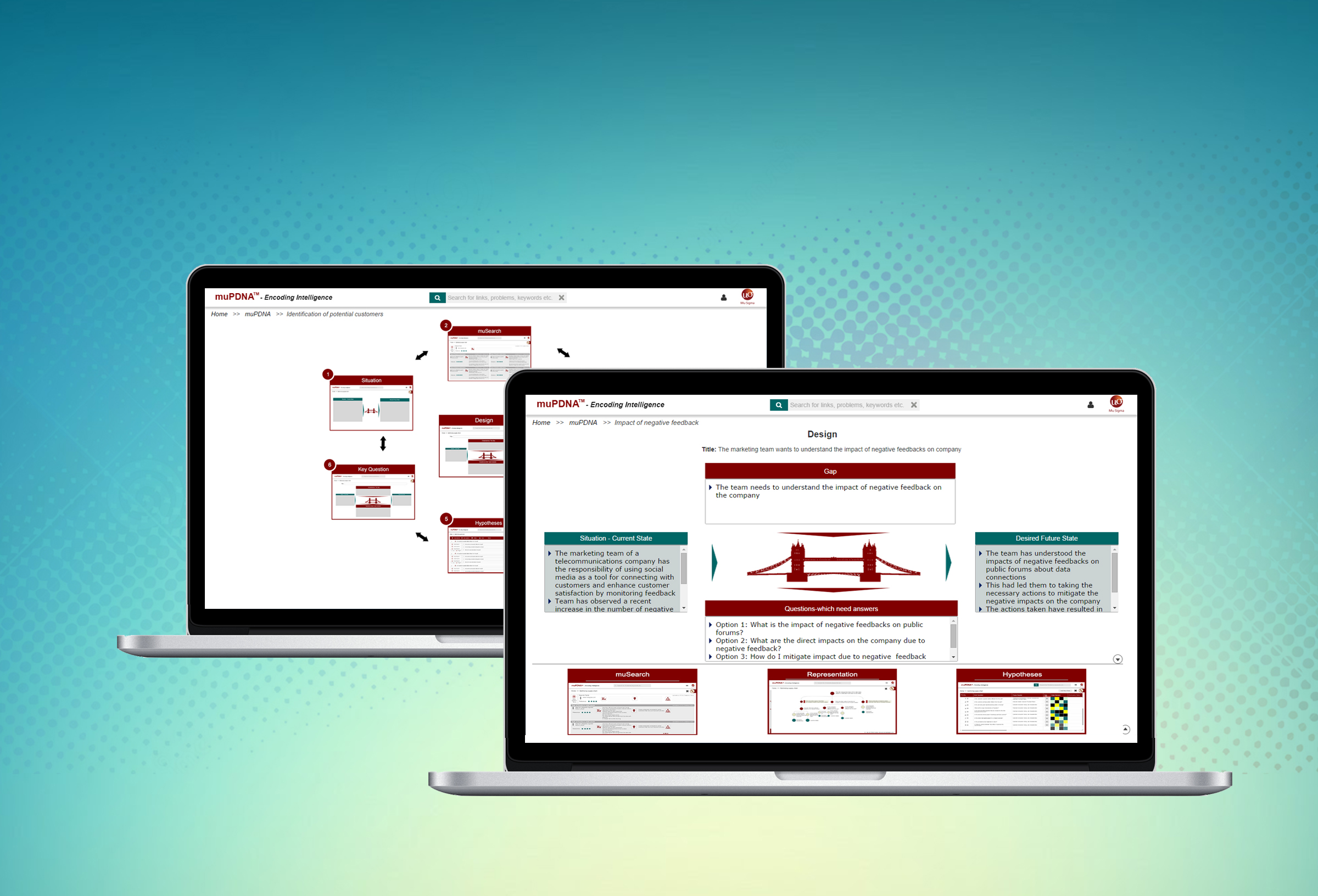
Understanding how decisions affect the enterprise
In large companies it can be difficult for decision makers to see the full impact their choices have. A new product from decision support specialists Mu Sigma aims to provide a holistic picture of how things are connected.
The product, called muUniverse, is designed to give decision makers at Fortune 500 companies a complete view of their business decisions, allowing them to navigate an increasingly complex set of interconnected problems they face in areas such as sales, marketing, finance, supply chain, risk, and others.
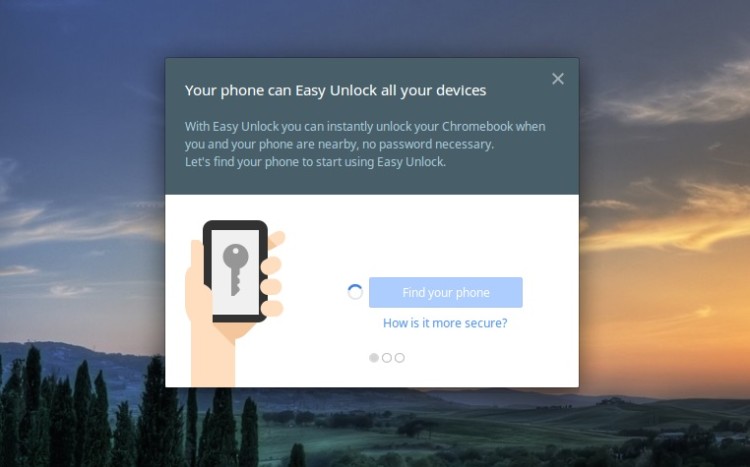
Proximity Unlock hitting Android L and ChromeOS Preview builds
Google has long been unhappy with traditional passwords. And rightly so, they are a headache. If they are easy to remember, they can become easy to guess. There are problems with reuse, attackers are getting them through compromised third party applications, and there are more problems than I care to list. It is hard enough to follow good practice as an informed and security conscious individual -- imagine the struggle for the "non-techy".
Google has long been looking into proximity based credentials as alternatives, and placing them in objects like rings. Last Google I/O, the company released an upcoming feature in Chrome OS that uses your authorized, unlocked phone to unlock your computer simply by having them near to each other (unlocking your phone indicates you are near your computer).
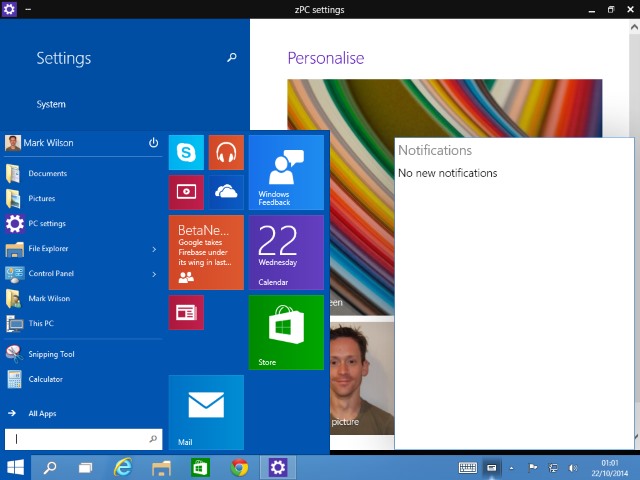
Here's what's new in Windows 10 Technical Preview build 9860
Development of Windows has been criticized in the past for being slow. With the Technical Preview of Windows 10, it's just not possible to level the same complaint at Microsoft. It's only a couple of weeks since we got our grubby little hands on the embryonic build 9841 and tens of thousands of users have provided feedback. Now it's upgrade time. Build 9860 has been pushed out -- through Windows Update, no less... none of this messy ISO malarkey this time around -- so it's time to take a look at the work Microsoft has done.
When build 9841 was released, there was disappointment from many quarters -- including here -- at just how little had changed since Windows 8.1. Jumping up 19 build numbers might not seem like much, but there are now a couple of features that were talked about at the launch of the Technical Preview that were not available in the first release -- but still no Cortana.
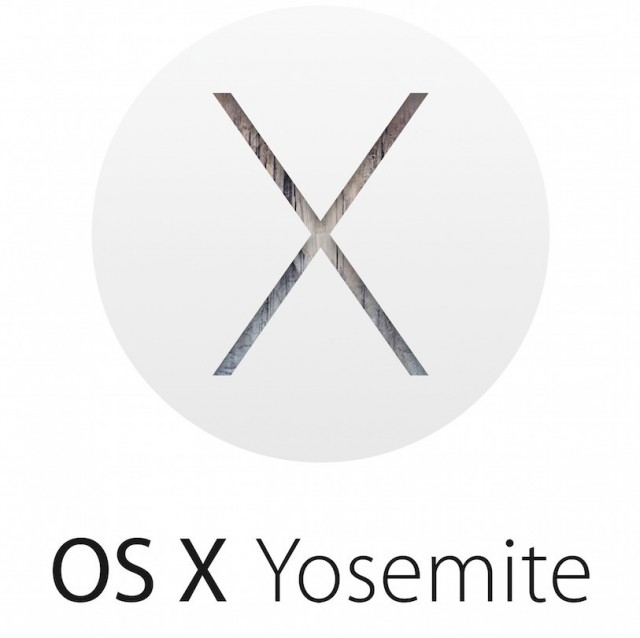
Apple releases OS X 10.10 Yosemite -- flat, beautiful and free
Apple's OS X is a great operating system, but guess what? So is Windows. Yes, each are great in different ways, and it is OK to like both. Even if you prefer one over the other, it is silly to make fun of someone else's choice. In other words, don't be a fan-boy or bully.
Today is not about Windows however, as it is Apple's day to shine. The fruit-logo company has seen much success with OS X over the years; yes, success. Even though the operating system holds a very small percentage of the desktop market, it has impacted our overall culture and is instantly recognizable. Today however, Apple releases version 10.10 of OS X, dubbed Yosemite and it is quite possibly the most radical change to the Mac operating system. You see, much like iOS7, OS X is getting a "flat" overhaul.
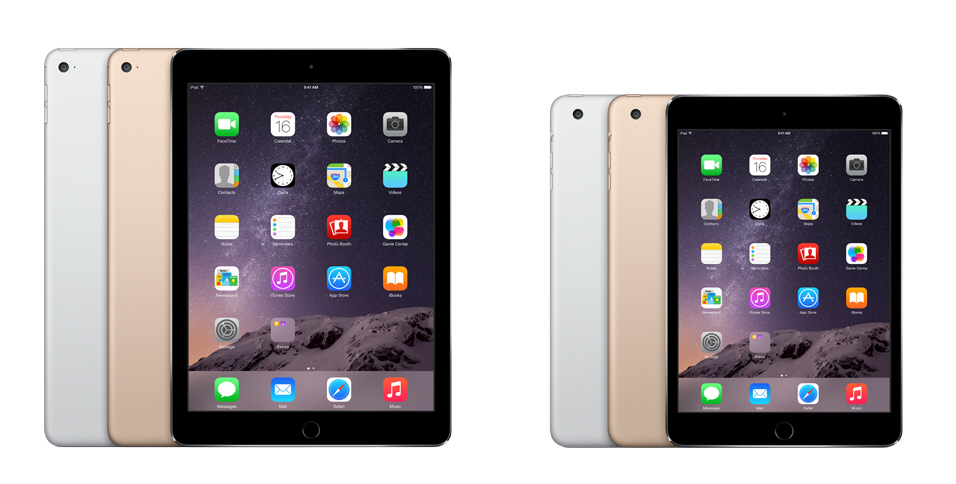
Apple announces the iPad Air 2 and iPad mini 3 -- thinner and faster
As is the case with all Apple announcements these days, rumors, speculation and leaks were rife ahead of the official iPad event, and pretty much all of what we were expecting to be revealed today, was revealed.
We expected Apple to refresh its iPad Air and iPad mini tablets, and that’s what we got in the shape of the iPad Air 2, and the iPad mini 3.
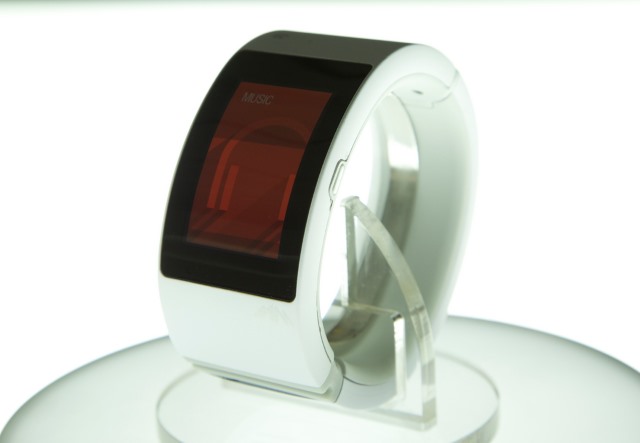
Will.i.am launches Puls -- the smartwatch that's not a watch
It's not a watch. It's not a watch. It's not a watch. Despite appearances to contrary (it tells the time and is worn on the wrist for starters...), Black Eyed Peas' singer and tech fiend will.i.am is keen to assure us that his new wristband is most definitely not a watch. Unveiling the wearable, the smart cuff, the wristband -- call it what you will, as long as it's not a watch -- at Dreamforce in San Francisco, he showed off the fact that the Puls (pronounced Pulse, not Pulls) can be used to make calls without the need to be paired with a mobile phone.
It's a device that has been teased for quite some time now. Will.i.am has been seen on many occasions with the band on his wrist, but had resisted giving away too many details. Now we know it is a curved screen device complete with its own SIM card, 16GB of memory and 1GB of RAM, and a Siri/Cortana-bating voice recognition system called Aneeda (I need a...).

The best tools for removing malware 2014
Independent testing organization AV-Comparatives has released the results of its latest Real World Protection and File Detection tests showing which security products perform best at dealing with malware.
The Real World Protection test results are based on over 600 live threats including drive-by downloads, malicious URLs, and infected email attachments. 22 products were tested and rated against the 'out of the box' protection provided by Windows (80.4 percent).

Why hackers love the holiday season [Q&A]
Recent high profile security breaches involving retailers like Target and Neiman Marcus mean that people are increasingly aware they may be vulnerable when shopping online. Yet many don't fully understand the landscape that lies behind hacking and why it’s such a lucrative business.
With Christmas and its associated e-commerce peak fast approaching we spoke to Kelly Yee, Vice President of secure email provider Penango who has a wealth of security systems experience in both the public and private sectors. Here are her views on how hackers work and how we can guard against becoming victims over the holiday season.
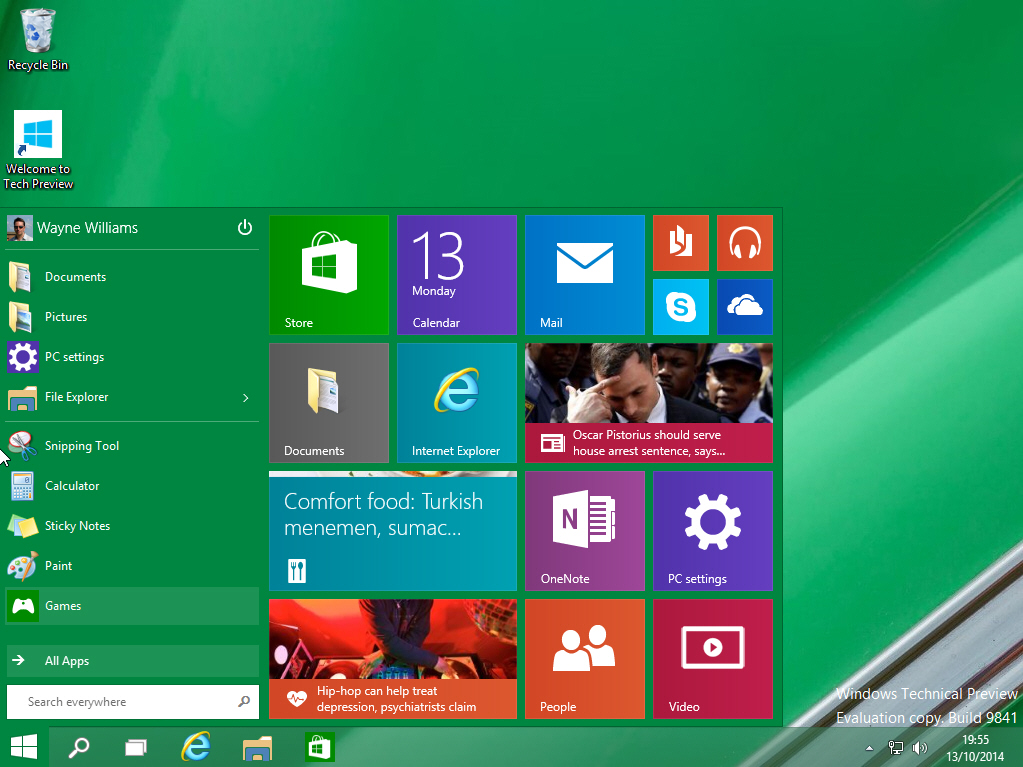
1 million people are trying Windows 10 Technical Preview, and a new build is on its way
Microsoft released the Windows 10 Technical Preview a fortnight ago, inviting testers to participate in the Windows Insider Program and help the company build a better operating system.
In two weeks, over a million people have apparently signed up to try out the new OS, and according to Microsoft, the tech giant has received over 200,000 pieces of user-initiated feedback to date via the built-in Windows Feedback app. You can see a rough breakdown of the top feedback received so far here. Microsoft also revealed some genuinely interesting information regarding how people are running the OS.
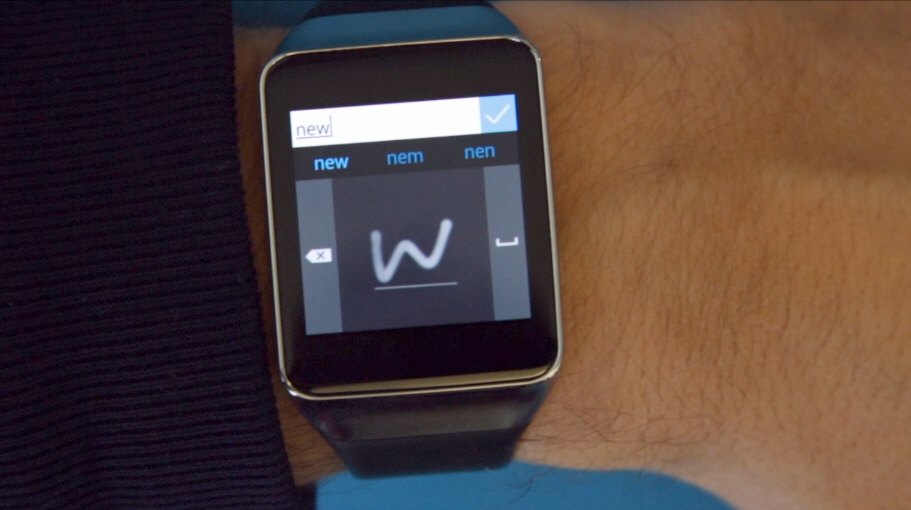
Microsoft releases a new keyboard for Android Wear watches
Google's Android Wear is still getting started, having a smattering of devices such as the LG G Watch and Motorola's Moto 360. The wrist wear brings the mobile platform to a small screen, and it's received a lot of attention since the launch.
Microsoft has a history of supporting Android, releasing all of its apps to the rival devices, despite Google's failure to reciprocate. Last month the the company released OneNote for watches and now the software giant is working on Android Wear again, offering a new analog keyboard app for the tiny items.
